When 84 percent of Queensland councils told the Local Government Association of Queensland (LGAQ) they could use big data to provide better services to the community, they listened.
As a not-for-profit that exists to serve its 77 member councils, LGAQ commenced work on a solution — a fit-for-purpose data and storage analysis tool, known as LG Sherlock.
In capturing data from local government across the state and providing unprecedented levels of insight, the platform aims to support Queensland councils, of all sizes, in delivering better services to citizens for less.
But with big data, comes big responsibility.
Knowing this, LGAQ turned to GWI to develop a data ethics framework that would ensure decisions around data work to build the very foundations communities are built upon — trust and transparency.
“As an organisation that seeks to be the data partner of councils, and indeed the community, with that came a large responsibility to act ethically. Before we ingested any data we wanted to have in place a framework people could be confident with.” — Greg Hallam CEO, LGAQ
Moving beyond what’s required to doing what’s right
While data ethics considers both data security and privacy, it delves deeper to tackle ethical problems posed by the collection and analysis of data. In this way, it shifts and broadens the focus from ‘doing what’s required’ to ‘doing what’s right’.
For LGAQ this meant being clear on the type of data they need to collect, how data is stored and used and most importantly how it generates value and provides protection for the people who matter most — the communities and citizens their member councils serve.
Shared principles for success
To begin, GWI conducted a number of workshops with key stakeholders and liaised with LGAQ clients to understand and help define a series of principles around the ethical handling, use and management of data, as well as a process to support decision making.
Together, these elements work to ensure that principles are not only easily understood but consistently lived and applied. For example, each principle is supported by a series of ‘decision making’ questions and in answering these, bias is removed, risks are objectively assessed and actions easily identified.
Getting the balance right
To ensure LGAQ’s data ethics framework would balance the interests of the various sectors in which it interacts, the expectations, responsibilities and outcomes for citizens and ratepayers, councils and business as well as state and federal government were explored.
In addition to eight guiding principles, this part of the process revealed core moralities around data use; non-negotiables like never selling personal data or assuming ownership, right through to ensuring data is never retained for longer than necessary.
Taking the time to better understand the entire ecosystem ensured the principles developed were informed by a balanced big picture view and with the intent of generating value that is both fair and shared.
A framework for future decision making
Councils are not immune from the challenges and opportunities that come with big data. In recent times, Queenslanders have — and rightly so — come to expect more from their local governments in finding new ways to deliver better services for less. And while innovation is expected, ultimately it’s trust that earns them their social licence to operate.
That’s why taking the time to articulate principles that support ethical decision making and help to build cultures that understand how to handle data with integrity and care remains so important.
Beyond the LG Sherlock initiative, LGAQ’s data ethics framework will provide a foundation for future decision making as they continue to explore how big data can help to build better councils and better communities.




